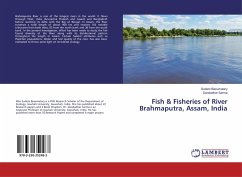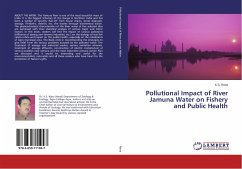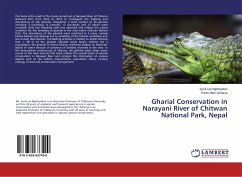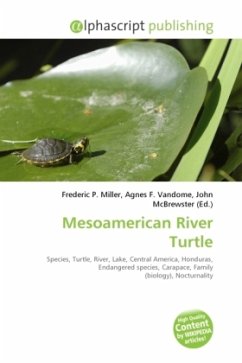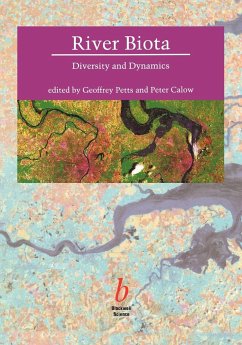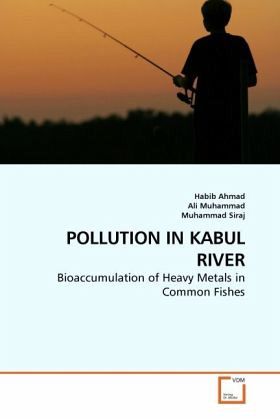
POLLUTION IN KABUL RIVER
Bioaccumulation of Heavy Metals in Common Fishes
Versandkostenfrei!
Versandfertig in 6-10 Tagen
32,99 €
inkl. MwSt.

PAYBACK Punkte
16 °P sammeln!
Accumulation of heavy metals in living organisms provides a handy reference for elaborating the nature and extent of chemical pollution in water bodies. Kabul River, the major source of drinking and irrigation water for millions of people in Afghanistan and Pakistan,is contaminated with heavy metals from variety of sources, which need to be checked, for safeguarding fish habitat and securing consumers health. A research study of Hazara University is presented here shows the load of heavy metals accumulation in body parts of common fishes. The fishes analysed for this purpose included Wallago a...
Accumulation of heavy metals in living organisms provides a handy reference for elaborating the nature and extent of chemical pollution in water bodies. Kabul River, the major source of drinking and irrigation water for millions of people in Afghanistan and Pakistan,is contaminated with heavy metals from variety of sources, which need to be checked, for safeguarding fish habitat and securing consumers health. A research study of Hazara University is presented here shows the load of heavy metals accumulation in body parts of common fishes. The fishes analysed for this purpose included Wallago attu, Aorichthys seenghala, Cyprinus carpio, Labeo dyocheilus and Ompok bimaculatous,caught from the Peshawar Valley section of Kabul River.It was observed that the bioaccumulation of Zn, Cr and Pb was very high in fishs as compared Cd and Pb. Furthermore the concentration of Zn, Ni, Cr, Cd and Pb in fish samples, were exceeding the RDA limits. It can be concluded that continuous use of thesefishes may cause health problems of different kinds to fish consumers. The issue needs proper attention at national and local levels.




